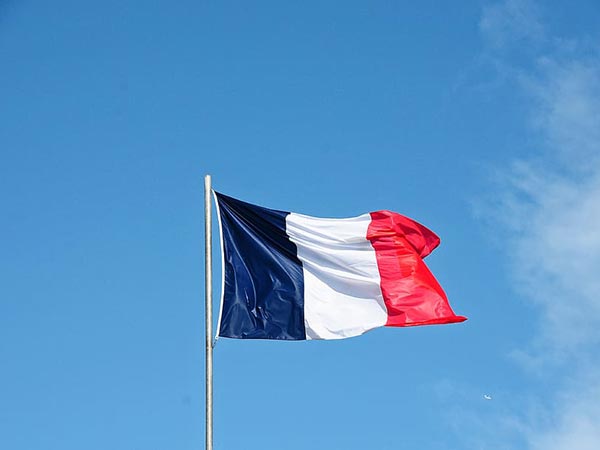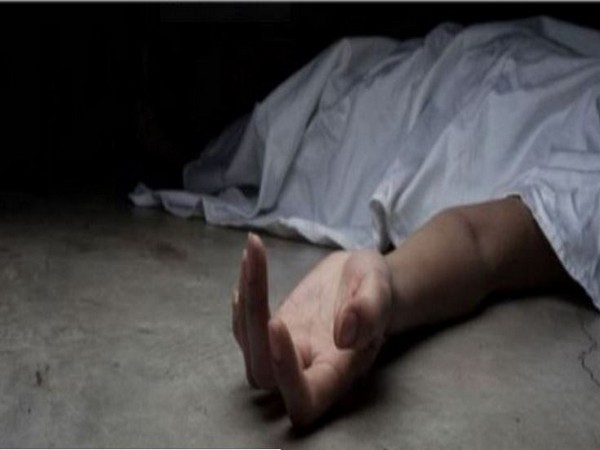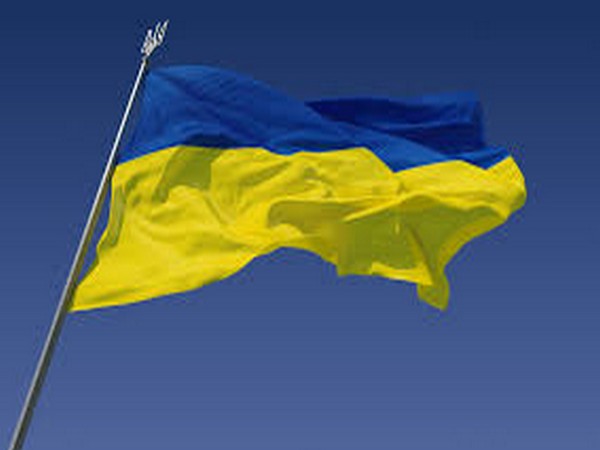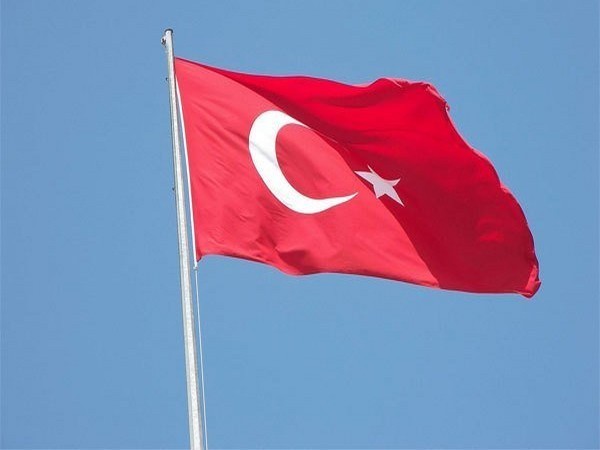
French rail sabotage causes chaos as Paris Olympics open
Jul 27, 2024
Paris [France], July 27: Streets in the centre of Paris have been blocked off, metro stations closed and thousands of police, soldiers and other guards deployed to maintain security on the big showpiece day to kick off the Olympics.
But the saboteurs struck away from the capital, at five apparently unguarded places.
France's state-owned rail company SNCF says the saboteurs either vandalised or tried to vandalise five signal boxes and electricity installations between 01:00 and 05:30 on Friday.
One site was at Courtalain, east of Le Mans and 150km to the south-west of Paris. The local community's social media page posted a picture of burnt-out cables in a shallow gulley, with its protective SNCF paving stones discarded.
SNCF spoke of a "massive, large-scale attack aimed at paralysing" its services, involving arson and theft targeting cabling, not just at Courtalain but at Pagny-sur-Moselle, a village outside the eastern city of Metz and Croisilles, not far from the northern city of Arras.
Small sites, but at big junctions on the high-speed TGV network.
Another attempted attack, on another TGV junction to the south-east of Paris at Vergigny, was foiled by SNCF workers who just happened to be carrying out maintenance on site in the early hours of Friday.
The sabotage was clearly co-ordinated and the effects were immediate, on one of the busiest days imaginable for France's highly regarded rail system.
The head of SNCF, Jean-Pierre Farandou, has spoken of a "premeditated, calculated, co-ordinated" attack that demanded considerable repair work.
Friday 26 July marks the start of the grand depart or big getaway for many French holidaymakers heading out of the cities. It is also the day of the showpiece opening ceremony that the Paris Olympics organisers have worked on for years.
Hundreds of stranded passengers filled the main concourses at Gare Du Nord and Gare Montparnasse, two of the big rail hubs in Paris for travellers on the big lines to the north and west of the capital.
Passengers at Gare du Nord waited patiently for news about delayed trains, not just within France but to London, Brussels and Amsterdam.
The much-vaunted high-speed TGV network heading in and out of Paris - north to Lille, west to Le Mans and east towards Strasbourg - was down.
At the nearby Gare de L'Est, which serves the east, an SNCF official said they were making plans to put the high-speed TGV trains onto other, slower lines, which would mean long delays and disruptions, but would also keep the network moving.
By the afternoon, trains in all three directions were slowly resuming, but with limited services, delays of up to two hours and still some cancellations.
SNCF said on X that teams were working towards a "gradual recovery" and signal experts were testing each damaged cable.
"Everything points us to these fires being deliberate," said Transport Minister Patrice Vergriete. "The timing [of the attacks], the vans that have been recovered after people have fled, the incendiary agents found on the scene."
Clearly acts of sabotage, and evidently timed to cause severe disruption on the day that Paris is trying to show its best face to the world.
Caretaker Prime Minister Gabriel Attal said the repercussions for the rail network were massive and serious, and France's intelligence services and forces of order had been deployed to "find and punish those behind these criminal acts".
French authorities have been on alert for potential acts of sabotage targeting the Games for months.
During the spring, they warned that several groups had tried to disrupt Olympic events, including the torch relay that has been going on across France in the run-up to the opening ceremony.
It has now emerged that incendiary devices were found on the high-speed TGV line between Aix-en-Provence and Marseille on the day the Olympic flame arrived in France's big southern port on 8 May.
Several bottles filled with yellow liquid were found 4km (2.5 miles) outside Aix, according to French TV.
Source: Fijian Broadcasting Corporation






